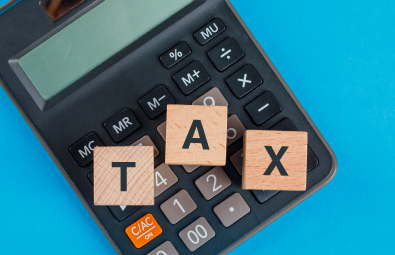The aim of the syllabus is to discuss, apply and evaluate the concepts, principles and practices that underpin the preparation and interpretation of corporate reports in various contexts including the ethical assessment of managements’ stewardship and the information needs of a diverse group of stakeholders.
The syllabus for Strategic Business Reporting, assumes knowledge acquired at the Fundamentals level including the core technical capabilities to prepare and analyse financial reports for single and combined entities.
The syllabus requires students to examine corporate reporting from a number of perspectives, not only from the point of view of the preparer of corporate reports, but also from the perspective of a variety of different stakeholders such as finance providers. The syllabus further requires the assessment and evaluation of the reporting decisions made by management and their implications for a range of stakeholders and entities. It also explores the professional and ethical responsibilities of the accountant to these stakeholders.
The subject matter of the syllabus requires students to have a cohesive understanding of the IASB’s Conceptual Framework for Financial Reporting® and to use the Framework as a basis for judgement in applying International Financial Reporting Standards in corporate
reports. The syllabus considers both the principles and practices of IFRS® Standards and uses these principles as a basis for the preparation of the financial statements of single entities and groups.
The syllabus requires students to reflect on the usefulness of corporate reports to stakeholders including developments in narrative reporting such as Integrated Reporting and to discuss the nature of the information that would help stakeholders assess the future prospects of the entity. This involves the analysis and interpretation of corporate reports, and the provision of advice on the reporting implications of transactions.
The final section of the syllabus addresses current developments in corporate reporting and the implications of any potential changes. This includes a discussion of the deficiencies of existing accounting standards and the ability to explain the implications for a business and its stakeholders of significant changes to reporting frameworks. Question scenarios will be based in contemporary business settings, however, candidates will not be required to have detailed knowledge of these businesses.
Main capabilities
On successful completion of this paper, candidates should be able to:
A. Apply fundamental ethical and professional principles to ethical dilemmas and discuss the consequences of unethical behaviour
B. Evaluate the appropriateness of the financial reporting framework and critically discuss changes in accounting regulation
C. Apply professional judgement in the reporting of the financial performance of a range of entities
NOTE the learning outcomes in Section C of the syllabus can apply to: single entities, groups, public sector entities and not-for profit entities (where appropriate)
D. Prepare the financial statements of groups of entities
E. Interpret financial statements for different stakeholders
F. Communicate the impact of changes and potential changes in accounting regulation on financial reporting



